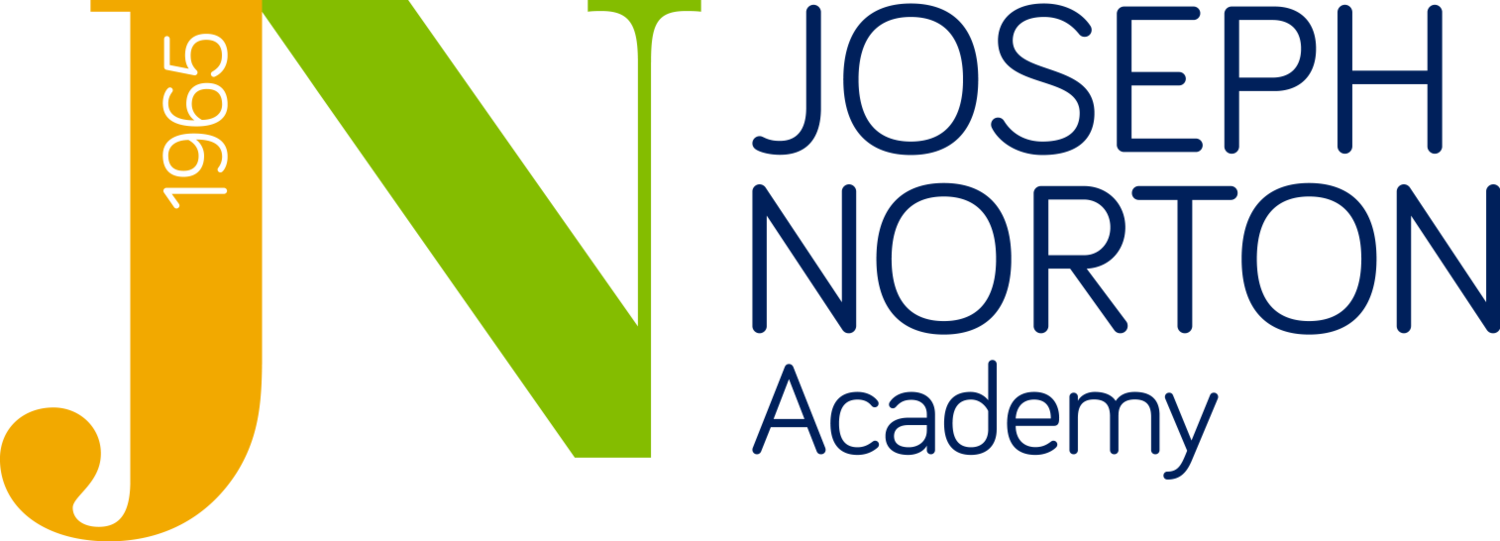a values based system
Neuroscience and Neurophysiology
As a school we recognise that pupils with Social Emotional and Mental Health (SEMH) difficulties experience a range of different physiological and psychological challenges within their daily life. All of our pupils have experienced significant adverse childhood trauma resulting in:
Underdeveloped brain systems badly affecting capacity for attention, learning, concentration and kindness
Smaller brains with less sophisticated neuronal networks
Alarm systems in the brain having a field day, leading to dysregulated brain and body systems and stressed-out children functioning like threatened animals
For this reason, we have used the latest evidence-based scientific research to develop a positive and supportive behaviour framework through which staff can support pupils to regulate their brains and their bodies so they can make progress both academically and personally. It is built around the six principles of nurture and the following core beliefs:
Behaviour communicates: We believe that behaviour communicates information about need and recognise that some learners will require additional, individual support to help them with their development. We also understand that needs can change and will adapt our approach accordingly.
Behaviour can change: We strongly believe that behaviour is a learnt response that can be changed. It can be changed when pupils feel safe, which brings down their toxic stress levels. It can be changed by repairing brain damage though playful, empathic and reflective adult-child relationships. It can be changed by providing repeated positive relational experiences, which enables pupils to view relationships as nurturing not threatening. We understand that behaviour does not change all at once and will stagger expectations and offer praise when progress is made.
Behaviour is about everyone: We believe that behaviour is about everyone. We all have a role to play in modelling, supporting and managing behaviour. As a team we understand that our actions will be scrutinised and will exemplify our core values to learners with on-going clear examples.
Behaviour is about British Values: We believe that it is our responsibility to contribute to pupils’ personal development through the promotion of fundamental British Values including democracy, the rule of law, individual liberty and mutual respect and tolerance of those with different faiths and beliefs.
OUR Values
At Joseph Norton, we value respect, perseverance, cooperation and responsibility. These values are reflected in our Ways of Working. Pupils can earn WOW points for demonstrating our Ways of Working on a session by session basis. Our Ways of Working are as follows:
We are polite, caring and helpful so that our school is a safe and happy place
We work hard and do our best so that we make good progress
We cooperate with staff so that we stay safe, learn well and fulfil our potential
We take care of the school and the environment so that we have a pleasant place in which to learn
We come to school every day and arrive at every lesson on time
We wear our uniform proudly and correctly at all times
Teaching and Learning
As a school we recognise our Behaviour for Learning Policy is only as good as the curriculum that surrounds it and the quality of our teaching and learning. In the classroom, therefore, we deliver differentiated and personalised lessons that cater for the special needs of pupils. To support pupils, we communicate clearly and consistently so that everyone understands what is expected of them. We display and make reference to our learner agreement and have high expectations in terms of punctuality, attendance, appearance, behaviour and effort. We lead and guide individuals in the development of new behaviour skills and model alternatives. We recognise that some learners require additional and individual support to help them with their development and are proactive in detecting and responding to changes in behaviour and attitude, staggering our expectations for improvement.
Rewards and REparation
As a school we expect good behaviour, notice good behaviour and praise and reward good behaviour. To do this we utilise a range of rewards such as postcards home, stickers, prizes and certificates. We have also worked with our pupils to plan a series of reward events, which take place throughout the year.
While we support pupils to behave well, we recognise that due to their individual, there are times when poor and/or inappropriate behaviour may occur. On these occasions we manage behaviour quickly, consistently and in line with pupils’ self-regulation plans and our behaviour framework. The purpose of these plans and this framework is to:
Stop the inappropriate behaviour
Allow the pupil to recover and learn from mistakes
Support pupils to modify their behaviour for the future
Keep everybody safe
Within the classroom, the Teacher and Inclusion Support Workers implement self-regulation plans with the priority of keeping pupils safe in the classroom. However, while consistency is key, it is recognised that a flexible approach will always be required and staff will use their professional judgment to ensure a focus on individual development and inclusion within statutory guidelines.
Restorative Practice
At Joseph Norton Academy we believe that every member of our school community should have the equal opportunity to fulfil their potential in a safe and positive environment. To support this belief we aim to provide pupils with the skills and mental agility to establish and maintain productive relationships, cope with conflict or upset and rebuild friendships if problems arise. To do this, we adopt a restorative approach.
Effective Restorative Practices focuses on an awareness of how people have been effected by conflict or an incident that has caused upset. This is done by actively engaging participants in a process which separates the deed from the doer and rejects the act not the actor, allowing participators to make amends for the harm caused. Restorative Practices acknowledges the intrinsic worth of the person and their potential contribution to the school community. Additional guidance about restorative practice is available on request.
Project Kindness
Project Kindness is an exciting new initiative aimed at supporting pupils to build and maintain positive relationships and develop inclusive language skills. The project, which was launched last June, has been co-produced with pupils, parents and professionals and will run throughout the school year. The initial feedback from pupils has been extremely positive and the school council will be monitoring developments.
What our pupils say: “Project kindness is making me think about the words I use.”
“I like getting a marble in the jar.”
“I have learnt some new words.”
What our parents say: “My child is very proud of the project.”
“My language has been corrected at home.”
What our staff say: “The project has helped me assess my pupils’ needs much more thoroughly.”
“I have learnt new words myself!”
“The bonus points are proving a big hit in my classroom."
Beyond the School Gate
As a school, we have a statutory power to discipline pupils for misbehaving outside of the school premises. Section 89(5) of the Education and Inspections Act 2006 gives Headteacher’s a specific statutory power to regulate pupils’ behaviour in these circumstances ‘to such extent as is reasonable.’ Any non-criminal bad behaviour or bullying that occurs off the school premises that is witnessed by a member of staff or is reported to the school will also be managed in line with our behaviour framework.
Partnership Working
The role of parents and carers is central to the success of our pupils. From the outset we will communicate regularly with key partners providing updates on progress through phone calls, letters and at meetings. We will work with parents, carers and other agencies to provide additional support through a variety of specialist and personalised interventions. Where a pupil continues to display disruptive behaviour despite a range of school based interventions a multi-agency assessment will be considered. If behaviour is criminal or poses a serious threat, the police will always be informed. In addition, where school staff consider that misbehaviour may be linked to a child suffering, or being likely to suffer, significant harm we will follow our Safeguarding Policy.
PREVENT
The Prevent Strategy recognises the importance of schools in counter-terrorism activities and the promotion of British Values. The Prevent lead at Joseph Norton is Darryl Jones (DSL). Prevent is a safeguarding issue. Any concerns relating to pupils’ behaviour in this area are also managed in line with the school’s Safeguarding Policy and specifically the section on Preventing Extremism.
Positive Handling
Due to the complex needs of our pupils, we recognise that there may be a need, reflected in common law, for staff to physically intervene when there is an obvious risk to the safety of pupils, staff and property. Joseph Norton Academy has adopted the term ‘Positive Handling’ to describe such interventions. This follows an approach taken by an organisation named Team-Teach, whose objectives our school has adopted. Further information about this approach can be found in the school’s Positive Handling Policy.
Searching, Screening and Confiscating
Pupil searches may be carried out where there are reasonable grounds for suspecting that a pupil may have a prohibited item. Prohibited items include, for example, smoking paraphernalia. Any prohibited item found as the result of a search will be confiscated and will not be returned to the pupil. School staff can also seize any item, however found, which they consider to be harmful or detrimental to school discipline. Mobile phones are not allowed in school and must be handed in at the school gate. The school pays full regard to the DFE guidance Searching, screening and confiscating (January 2018) and notes its obligations under the European Convention on Human Rights. Further information about our approach can be found in the school’s Searching, Screening and Confiscating Policy.
Policy for Excluding Pupils
Excluding a pupil is a serious step to take and we will only do so as a last resort and if a child’s presence in school may affect the education of, or be harmful to, other pupils. Given the importance of safety in our school, the Governing Body support the right to exclude for a single offence where it is considered that allowing a pupil to remain on site would seriously harm the education or welfare of others. This right is reflected in our governor's Statement of Behaviour Principles. Exclusions are carried out in line with DfE guidance. Our Exclusions Policy can be accessed here.
CCTV
Joseph Norton Academy uses closed circuit television (CCTV) images to reduce crime and monitor the school buildings in order to provide a safe and secure environment for pupils, staff and visitors, and to prevent the loss or damage to school property. Our system comprises of a number of fixed cameras throughout the school and has been designed to provide evidential images in vulnerable areas. It should be noted, however, that not every incident will be seen or recorded. When a specific incident is caught on camera, the recording may be used for evidential or training purposes in line with the school’s CCTV Policy. Individuals have the right to request access to CCTV footage relating to themselves under the Data Protection Act and in line with school policy. There will be no disclosure of recorded data to third parties other than to authorised personnel such as the Police and other service providers where they would reasonably need access to the data (e.g. investigators). Complaints and enquiries about the operation of CCTV within the school should be directed to the Head Teacher in accordance with the school’s Complaints Policy.
Further information
A full copy of the school's Behaviour for Learning Policy can be found on our Policies and Procedures page. For further information, or to request a paper copy of our Behaviour for Learning Policy and Framework, please contact the school.

